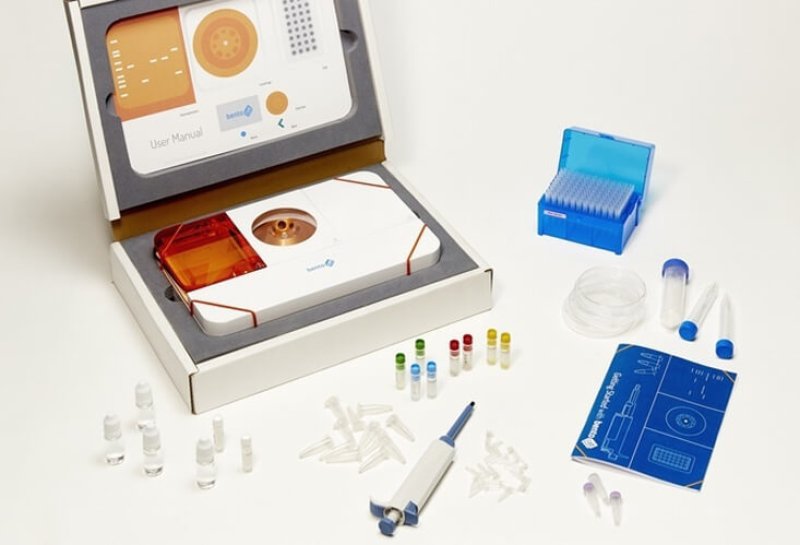Scientists and researchers from major labs are putting their minds and grant dollars into gene editing tools like CRISPR, which enables humans to modify genetic code.
…
A newer biotechnology, gene drives, actually allows scientists to re-program an organism’s genome so that the changes introduced will be propagated in future generations. The promise of these synthetic biology tools is huge for problems such as malaria and invasive species control.
But scientists are also calling for greater thought and reflection as we make changes that could have unforeseen consequences on organisms and ecosystems. Host Frank Stasio talks with Todd Kuiken, senior research scholar for the Genetic Engineering & Society Center at North Carolina State University, about who should have access to gene editing tools and how the international community might continue to regulate them.
Read full, original post: The Ability To Edit Genes Raises Big Questions On Regulation































